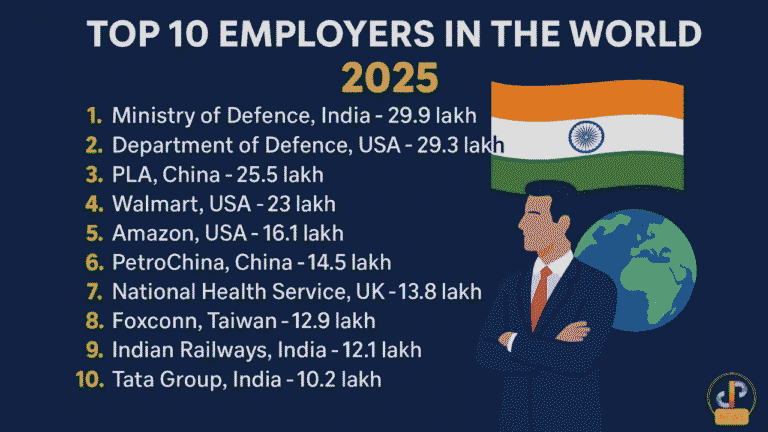Trump Harvard Foreign Students Ban May Trigger Broader University Crackdown:
Trump Harvard foreign students controversy is intensifying as the Trump administration takes aim at elite universities over national security concerns. On Thursday, U.S. Homeland Security Secretary Kristi Noem announced the termination of Harvard University’s Student and Exchange Visitor Program (SEVP) certification, barring the institution from hosting international students.
Trump Administration Revokes Harvard’s SEVP Certification:
Under direct orders from Secretary Noem, the Department of Homeland Security (DHS) stripped Harvard of its ability to enroll international students. The decision to ban foreign students from Harvard follows claims of antisemitism and alleged coordination with the Chinese Communist Party (CCP)—accusations Harvard has firmly denied.

DHS Cites National Security Risks at Harvard:
In an interview with Fox News’ The Story with Martha MacCallum, Noem emphasized the need to protect American education from foreign influence. She stated, “This should be a warning to every other university to get your act together.”
The Trump Harvard foreign students case sets a precedent, as DHS officials suggest more universities may soon face similar bans if found in violation of federal policies.
Columbia, Other Universities Could Be Next:
When asked if institutions like Columbia University would be investigated next, Noem responded, “Absolutely, we are. No institution is above the law.”
This has triggered speculation that schools such as Yale, Stanford, and other Ivy League universities may also come under scrutiny—especially those with sizable foreign student populations and research ties to foreign governments.
Backlash from Academic Circles:
Academic leaders have voiced strong opposition. Many argue that international students are being turned into political pawns. They warn that this trend could harm the U.S.’s standing in global education and research.
Trending searches on this issue include:
Trump Harvard foreign students
Trump blocks Harvard
Harvard DHS
SEVIS Harvard
What It Means for International Students:
International students at Harvard now face serious challenges including:
Visa uncertainties
Enrollment disruptions
Academic instability
Legal experts believe Harvard could take the matter to federal court, potentially setting a new precedent on the clash between national security and academic freedom.
Final Thoughts:
The Trump Harvard foreign students crackdown is just the beginning. As more universities await potential review, the future of international education in the United States stands at a critical crossroads.
📢 Stay with Digital Preeyam News for continuous updates on immigration, education policy, and global affairs that shape our world.
Writer:
Preeyam Kumar Prasad
Social Media Profile:
FAQ:
1. What is the Trump Harvard foreign students ban?
Answer: The Trump Harvard foreign students ban is a policy restricting international students from certain countries or universities, aimed at tightening U.S. immigration rules for higher education. It has sparked outrage due to its potential impact on students and universities.
2. Why are U.S. universities opposing the foreign students ban?
Answer: Many U.S. universities oppose the ban because it threatens diversity, academic collaboration, and the enrollment of talented international students who contribute significantly to research and campus life.
3. How does the ban affect foreign students studying in the U.S.?
Answer: The ban limits the ability of foreign students to enroll or continue studies in the U.S., creating uncertainty about visas, disrupting education plans, and potentially forcing some to leave the country.
4. What are the main reasons behind the Trump administration’s crackdown on foreign students?
Answer: The administration cites national security concerns and the need to protect American jobs and universities from foreign influence as key reasons for implementing the crackdown.
5. Are there any ongoing legal challenges against the foreign students ban?
Answer: Yes, several universities including Harvard have filed lawsuits challenging the ban, arguing that it violates students’ rights and harms academic freedom.











